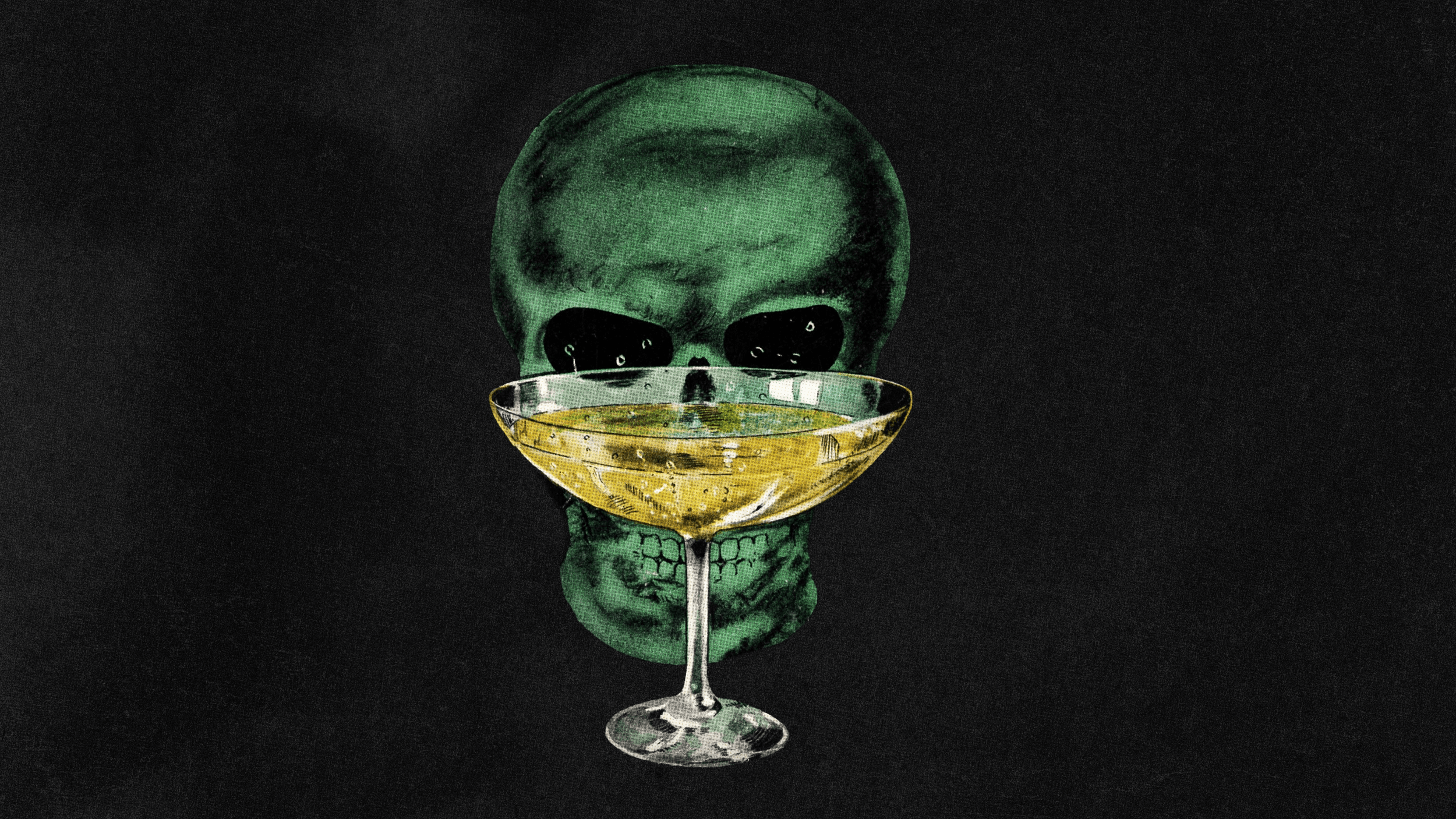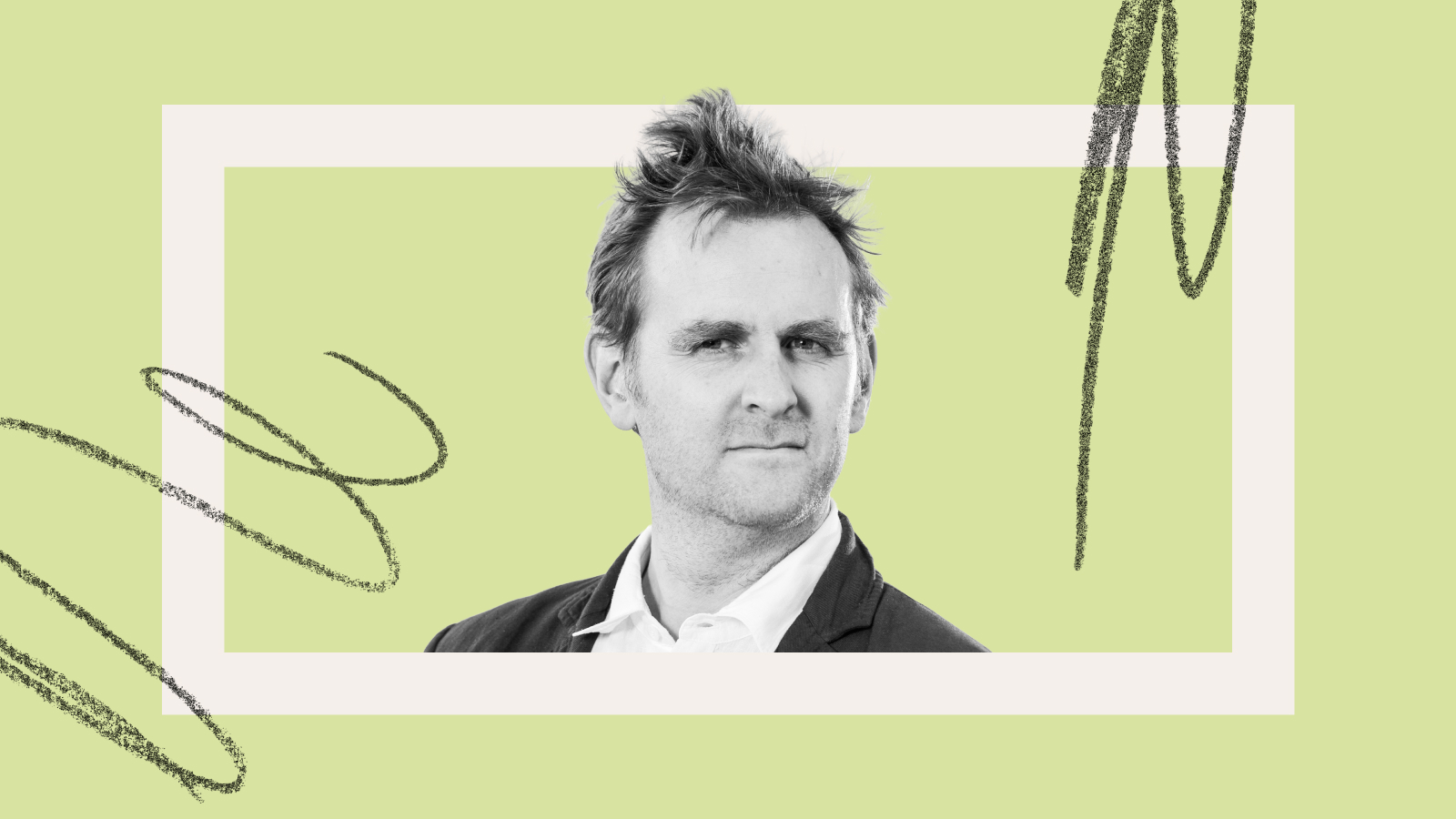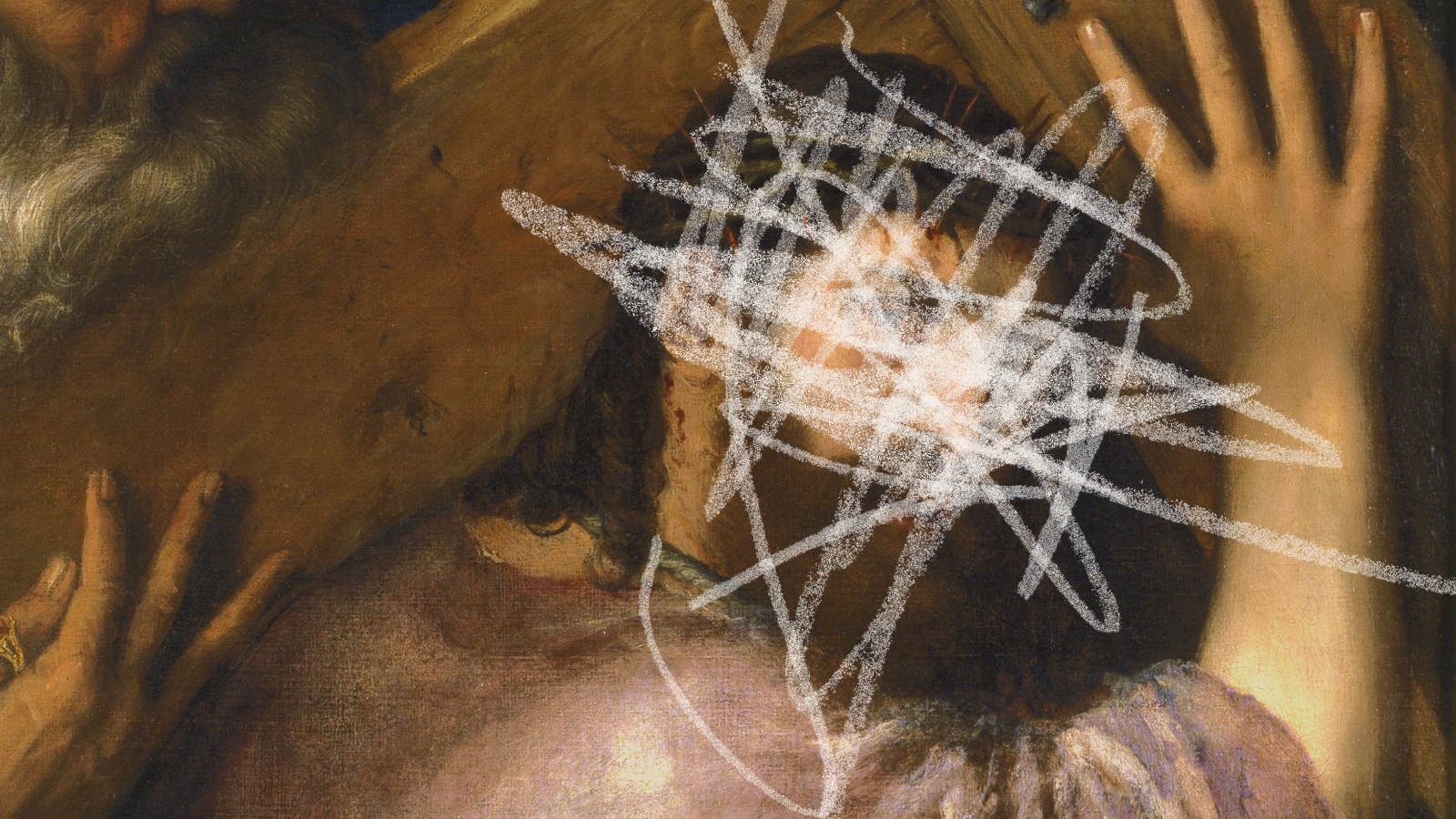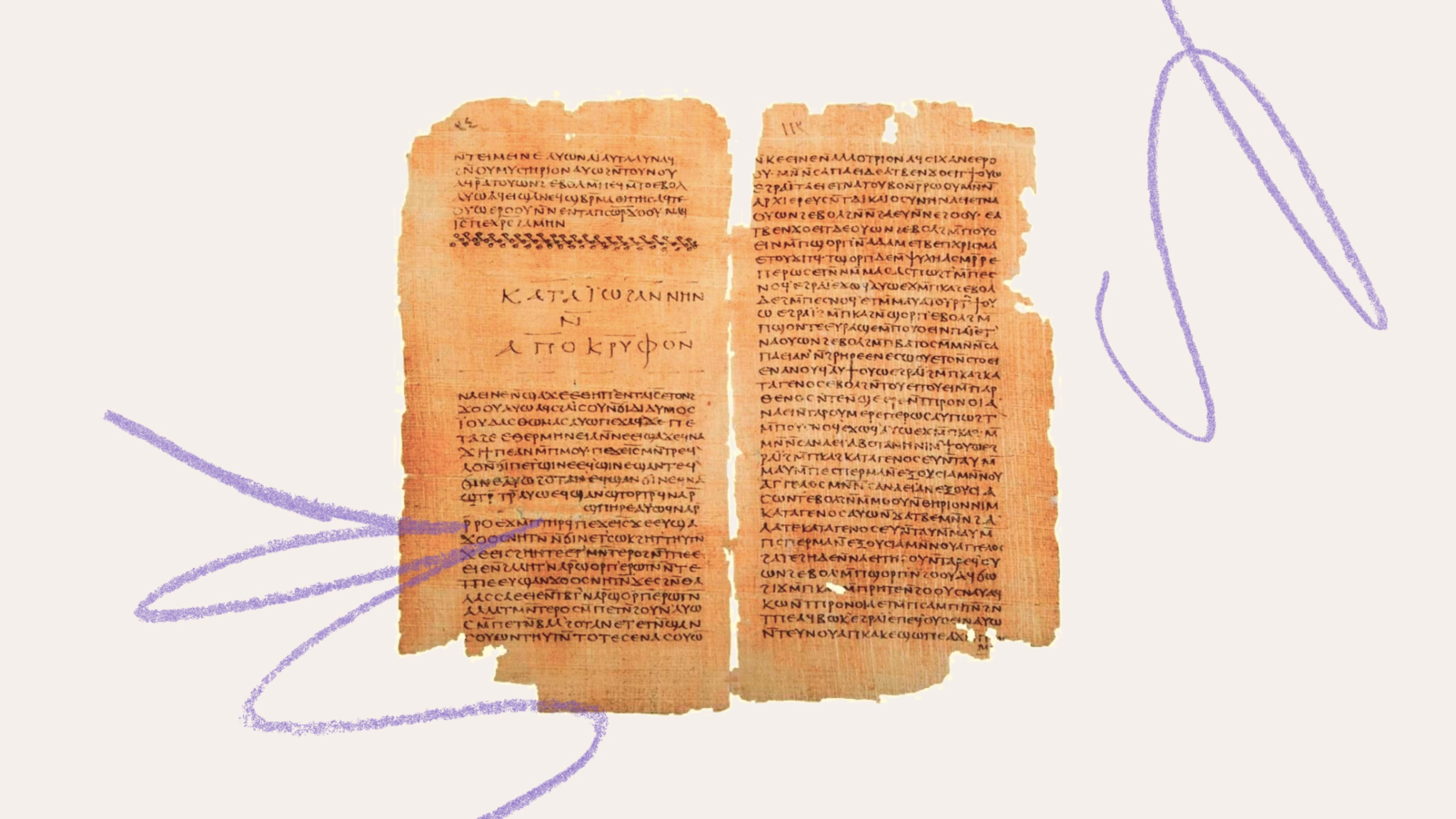Both an author and publicist, Crosley gets neurotic writers
Question: Has being an author made you a better publicist?
Crosley: It’s funny because my first job was actually for a literary agent and I used to sort of go around saying I drank the literary agenting Kool Aid and the fact that it was the moral end of the business to be in. Here you are defending authors’ rights; that’s what you do. You’re sort of guarding them and acting as their advocate on behalf of them against a big bad publishing house somewhere. Then when I moved into publicity at my first publishing house, which was Harper-Collins and I’ve been at Vintage for about six years, I still had it, especially the kinds of books I worked on, the kinds of authors; these are still people that you work with because you believe in what they do and you’re passionate about it. But it’s funny; you lose a little bit of that. The author is always right, the sort of the customer is always right thing that you have being a literary agent, and I didn’t know I lost it because it’s obviously a gradual process. Hopefully, none of my authors felt that I was saying no, you can’t go on tour and you can’t do this, this, this, this. But then, becoming an author, I found that if someone had a problem at work with one of their authors and came to me about it and said “Can you believe this author wants X, Y, and Z, I’d say of course they do. It’s totally reasonable. I’ve sort of regained that sympathy that I had for their neuroses.
Qiuestion: Is it dfficult to write while holding down a day job?
Crosley: It’s very difficult. The good thing about it is that, in speaking of Kool Aid drinking, I work at a publishing house that publishes just a myriad of authors that I respect for all different reasons and all different ways, and I think the thing is in a way, you play up. It’s better than, therefore, working at a literary agency where you’re getting tons and tons of query letters and eventually, you’re reading five manuscripts a week thinking what’s the difference between bad and not that bad, whereas I’m looking finished products that are really the best in the business. So it does in terms of the goals, in terms of the actual logistical time that you can spend writing, it’s very difficult.





